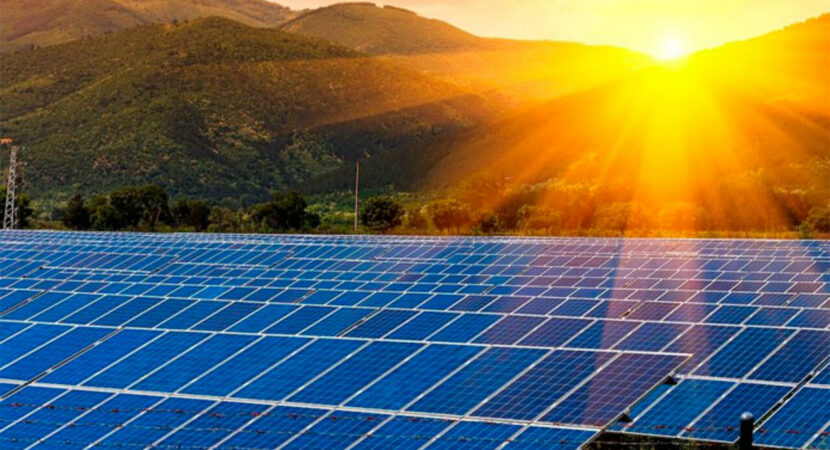
Solar energy will be taxed by the Federal Government together with Aneel
Solar energy became an issue for the Federal Government and Aneel last week. The government is reacting to the possibility of National Electric Energy Agency (Aneel) change the rules for consumers who have, for example, solar panels at home and are at risk of taxation. The changes have been called by the president himself a kind of “taxation of the Sun”.
Read also
Aneel and Federal Government predict changes in solar energy resolutions
A proposed change by the Federal Government and Aneel in normative solar energy resolution 482 of 2012, by the National Electric Energy Agency (Aneel) has generated controversy in the productive sector. This is because the agency wants to withdraw some benefits from those who generate their own energy, claiming that there are costs, different from when the measure was implemented.
On the other hand, many companies and rural producers that started to invest in this type of solar energy claim that the taxation creates legal uncertainty, since Aneel promised predictability for 25 years and the investments were long term.
Aneel, in an interview for the Gazeta do Povo website, states that it has technical reasons for proposing the charging of fees on GD. The modality was allowed through a resolution by Aneel itself, published in 2012. With it, Brazilians now have the possibility of generating their own electricity, usually from renewable sources such as the sun.
Current resolution of solar energy
Elaborated in 2012, the agency's measure says that the consumer or rural producer can either consume or inject the electricity produced by him into the distribution network.
This difference between what he consumes and what he produces in excess becomes credit and can be used to deduct one or more electricity bills from the same holder.
In addition, the Federal Government's proposal offers benefits to encourage own production of electricity, such as exemption from paying fees for using the electricity grid and also from paying other components of the energy bill.
The complete resolution can be accessed at this link.
On the other hand, these incentives offered to those who produce their own energy are charged to all consumers, including 'ordinary' users who receive energy only from the distributor.













Air Force F-16 fighters…
True friend, what they shot down were…
Air Force F-16 fighters…
I would like to know what planet you live on…
Air Force F-16 fighters…
Well... It's flying scrap... Typical...
They discover the third largest deposit…
That’s why all foreigners and NGOs…
Air Force F-16 fighters…
Which genocide are you talking about? Than…
Not allowing Onix to compete with…
I already had a Corolla sedan and I intend to…
I'm in the Versa room, the first…
It is a divine blessing.
And they also say it will be cheaper…
So superior that it sank the Ferrari... 😏
I had an automatic Corolla, the best car, my…
What is the value of the Yares Cross?